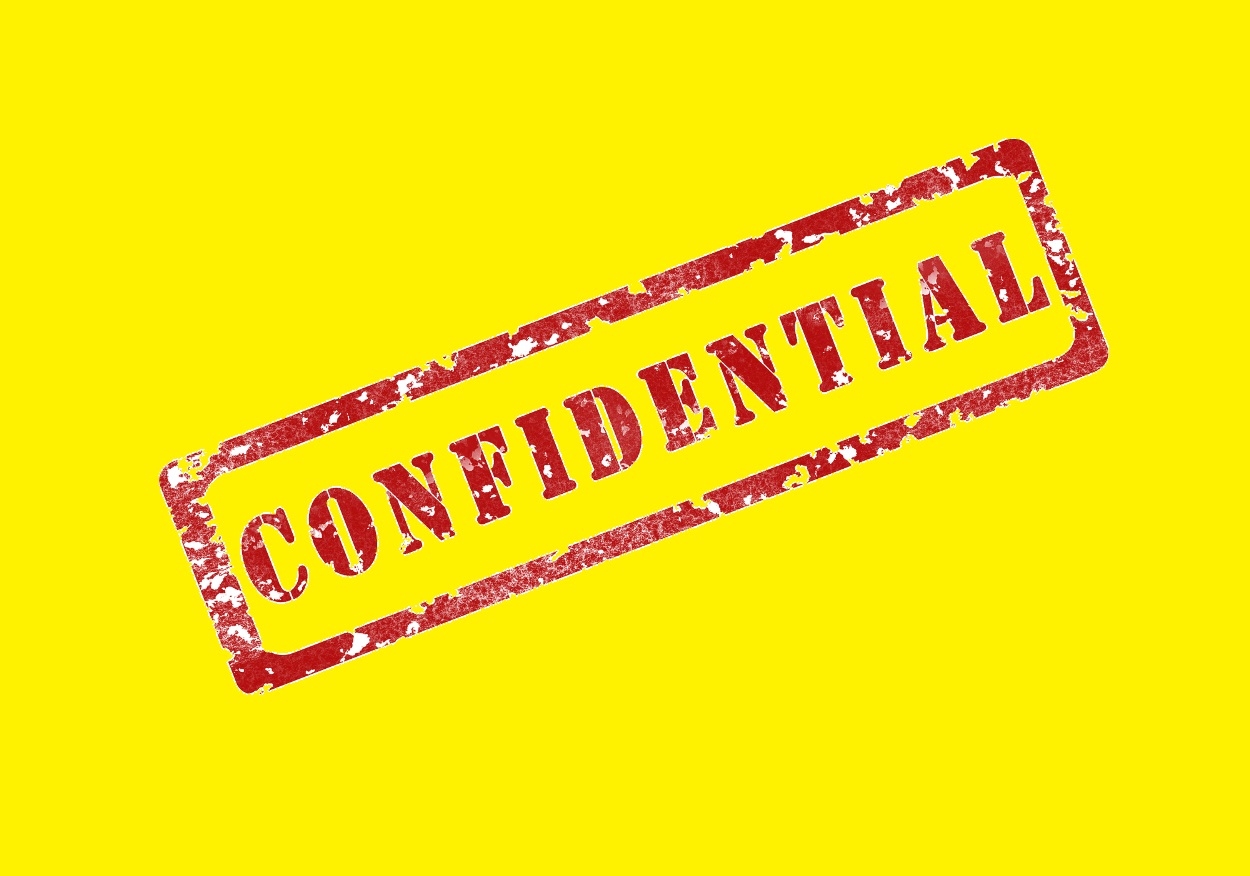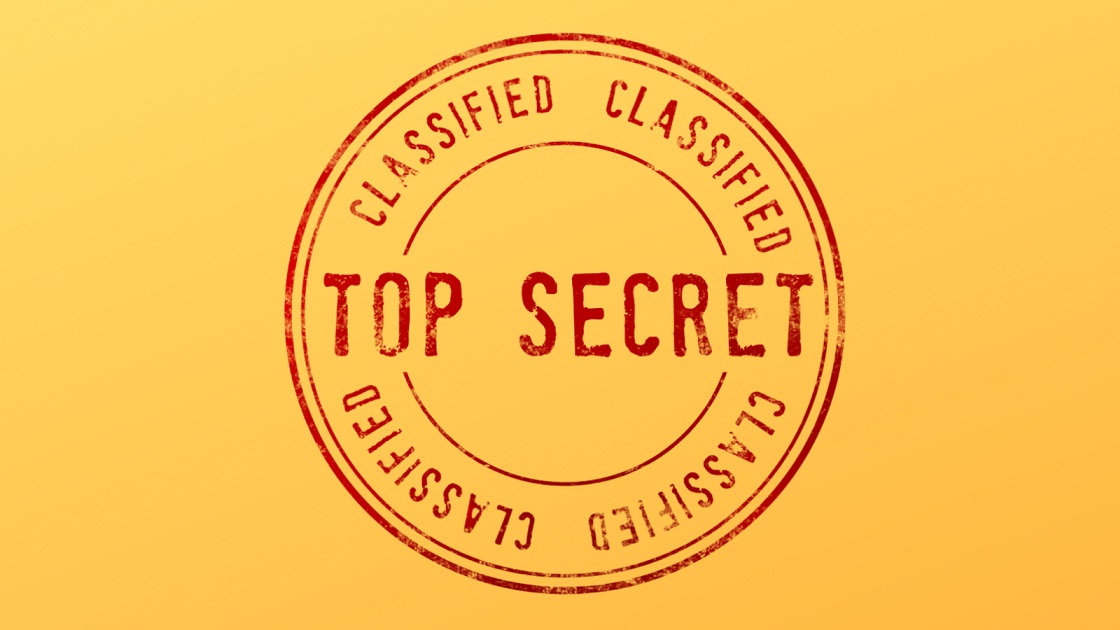The Commonwealth of Pennsylvania entered into a confidential agreement with Airbnb in 2016 in which Airbnb agreed to charge, collect, and remit the 6% hotel occupancy tax enacted by the Commonwealth as well as an additional 1% hotel occupancy tax collected by the Commonwealth on behalf of Allegheny and Philadelphia Counties.
While you are not allowed to view the actual agreement, you can view the news release about this agreement by clicking here.
Airbnb views these voluntary tax collection agreements to be key to its efforts to help governmental entities secure tax revenue generated through the lodging industry.
Airbnb has indicated that it has collected $1 billion in hotel and tourist taxes for more than 400 governmental entities throughout the world. You can view a news release from Airbnb on total tax revenue collected and remitted to date by Airbnb by clicking here.
It should be noted that there are many more than 400 governmental entities in the world that assess local hotel occupancy taxes.
One might wonder why an agreement to charge a lawful tax, collect the revenue from that lawful tax, and then remit that revenue to the Commonwealth is secret.
The Commonwealth considered the agreement to be confidential because it involves how a taxpayer will pay their taxes. Those types of agreements are considered confidential by the Pennsylvania Department of Revenue.
While Pennsylvania entered into a secret agreement with Airbnb, not every governmental entity determined that a secret agreement with Airbnb was appropriate.
There are at least four examples of governmental entities that determined their citizens had the right to know how lawful taxes were to be levied, how lawful taxes were to be collected, and how lawful taxes were to be remitted to the governmental entities.
The City of San Jose entered into a voluntary tax collection agreement with Airbnb without a secrecy clause. You can view the Airbnb agreement with the City of San Jose by clicking here.
Hillsborough County in Florida (Hillsborough County includes the City of Tampa) entered into a voluntary tax collection agreement with Airbnb without a secrecy clause. You can view the Airbnb agreement with Hillsborough County by clicking here.
Washington County in Oregon (located just outside of Portland) entered into a voluntary tax collection agreement with Airbnb without a secrecy clause. You can view the Airbnb agreement with Washington County (Washington County includes the Cities of Beaverton and Hillsboro) by clicking here. (Please note that this attachment also includes a proposed agreement between Airbnb and the City of Cannon Beach; that agreement was not implemented.)
The State of Kansas entered into a voluntary tax collection agreement with Airbnb without a secrecy clause. You can view the Airbnb agreement with the State of Kansas by clicking here.
Thus, one of the 10 largest cities in the nation (San Jose), one of the 30 most populous counties in the country (Hillsborough County), and a county with a population of almost 600,000 people (Washington County) were all able to enter into public agreements – without secrecy clauses – with Airbnb to have Airbnb make certain that Airbnb hosts charge state and local hotel occupancy taxes to Airbnb guests, that Airbnb collect those taxes, and that Airbnb remits the tax revenue to the appropriate governmental entities.
Even another state – Kansas – was able to achieve a tax collection agreement with Airbnb without a secrecy clause.
But Pennsylvania – the birthplace of liberty – could not or chose not to do the same.
Pennsylvania, instead, made the decision to enter into a secret agreement with Airbnb.
When Airbnb was asked recently if the business would agree to release the contents of the voluntary tax collection agreements with the Commonwealth as well as the separate voluntary tax collection agreements that it has with select counties in Pennsylvania, the response was:
“Our voluntary tax collection agreements are confidential,” stated Ms. Liz DeBold Fusco, Northeast Press Secretary for Airbnb.
The Commonwealth of Pennsylvania agrees with Airbnb.

The City of San Jose in California, the County of Hillsborough in Florida, the County of Washington in Oregon, and the State of Kansas all made the decision that the public has the right to know what arrangements have been made with Airbnb to charge, collect, and remit lawful taxes in their jurisdictions.
The Commonwealth of Pennsylvania made the decision that the general public does not have the right to know what arrangements have been made with Airbnb to charge, collect, and remit lawful taxes in the Commonwealth.
Because of the confidentiality agreed to by the Commonwealth, the citizens of Pennsylvania do not know what arrangements were made with Airbnb regarding back taxes, interest, penalties, and audit procedures, among other items.
Note that through these agreements, some of the governmental entities (Hillsborough County, State of Kansas, and Washington County) agreed to limit their audit powers.
For example, in Washington County, auditors are only allowed to audit Airbnb once during every consecutive 36-month time period and only for 12 consecutive months within that 36-month time period. In the State of Kansas, the government agreed that it is only allowed to audit one time during any consecutive 36-month time period.
Some of these agreements explicitly state that a governmental entity (Hillsborough County) is able to seek back hotel occupancy taxes, interest, and penalties, but other agreements explicitly state that a governmental entity (Washington County and the State of Kansas) cannot seek back hotel occupancy taxes.
It should be noted that not every governmental entity decided that people and businesses that refused to pay lawful taxes can disregard their responsibilities to pay lawful taxes.
One example: According to a news article dated February 18, 2015, SFGate reported that Airbnb paid back taxes and penalties to cover the revenues that had been due – but had not been paid – from past Airbnb rentals in the City and County of San Francisco. The news article did not cite a specific amount paid by Airbnb, but it did quote “a source familiar with the tax case” that stated that Airbnb had paid millions of dollars in back taxes and penalties.
Did Pennsylvania give up the right to collect back taxes?
The general public is not allowed to know whether Pennsylvania gave up that right or retained the right to collect back taxes, interest, and penalties.
One point that the Commonwealth did confirm is that “The Department [of Revenue] never waives its right to audit.”
Whether the Commonwealth kept its right to audit, but limited its arrangements to audit, like in Hillsborough County or the State of Kansas, is not known.
Because, again, it’s a secret.
Do you have questions about local history? A street name? A building?
Your questions may be used in a future news column.
Contact Richard McDonough at tookanyvalleychronicles@gmail.com.
© 2019 Richard McDonough

